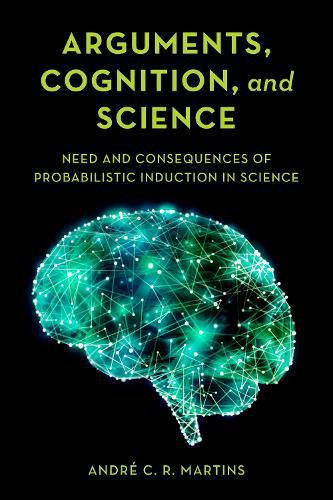Readings Newsletter
Become a Readings Member to make your shopping experience even easier.
Sign in or sign up for free!
You’re not far away from qualifying for FREE standard shipping within Australia
You’ve qualified for FREE standard shipping within Australia
The cart is loading…






Our reasoning evolved not for finding the truth, but for social bonding and convincing. The best logical methods humans have created provide no path to truth, unless something is assumed as true from the start. Other than that, we only have methods for attempting to measure uncertainty. This book highlights the consequences of these facts for scientific practice, and suggests how to correct the mistakes we still make. But even our best methods to measure uncertainty might require infinite resources to provide solid answers. This conclusion has important consequences for when and how much we can trust arguments and scientific results. The author suggests ways we can improve our current practices, and argues that theoretical work is a fundamental part of the most effective way to do science.
$9.00 standard shipping within Australia
FREE standard shipping within Australia for orders over $100.00
Express & International shipping calculated at checkout
Our reasoning evolved not for finding the truth, but for social bonding and convincing. The best logical methods humans have created provide no path to truth, unless something is assumed as true from the start. Other than that, we only have methods for attempting to measure uncertainty. This book highlights the consequences of these facts for scientific practice, and suggests how to correct the mistakes we still make. But even our best methods to measure uncertainty might require infinite resources to provide solid answers. This conclusion has important consequences for when and how much we can trust arguments and scientific results. The author suggests ways we can improve our current practices, and argues that theoretical work is a fundamental part of the most effective way to do science.